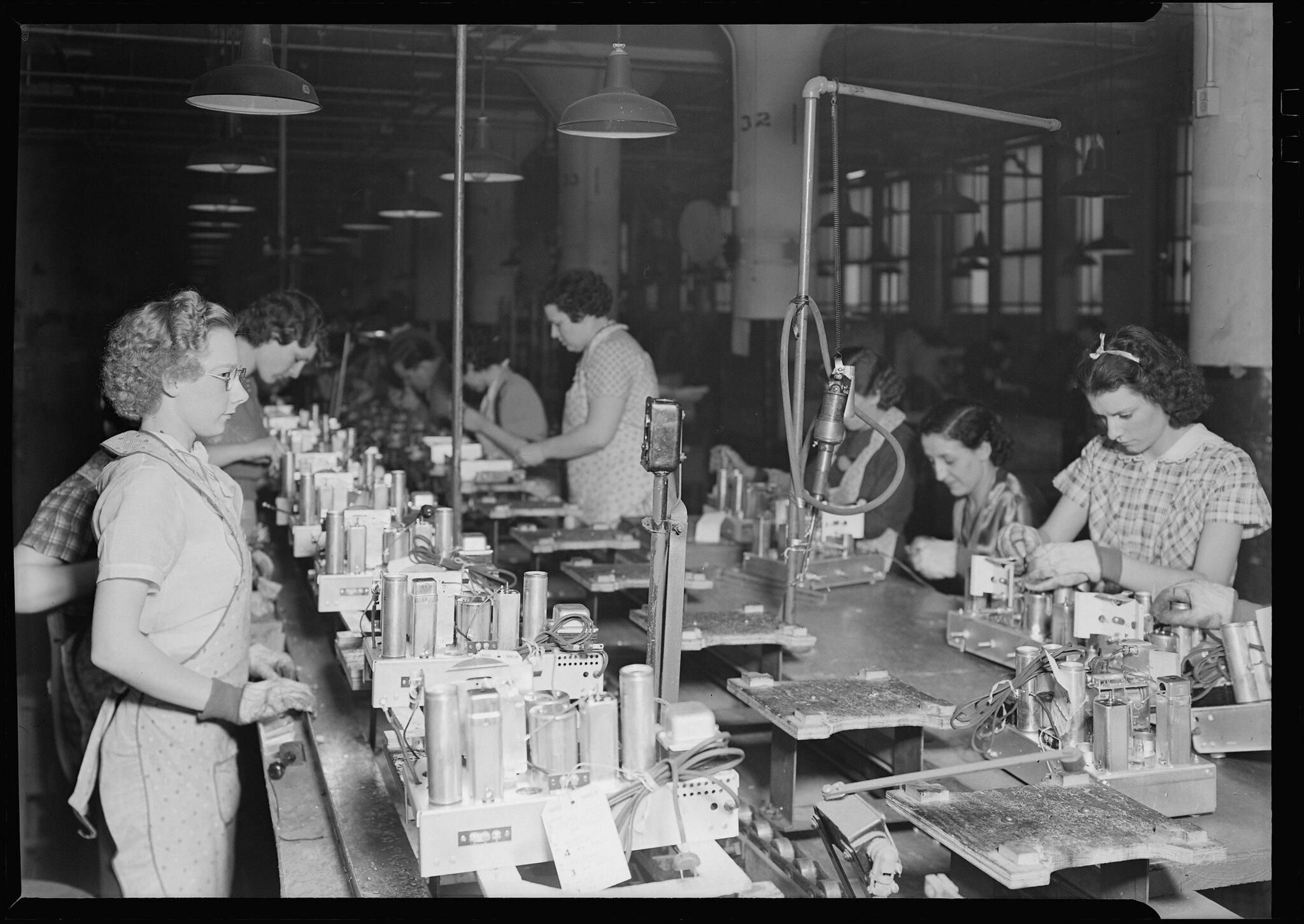One way to think about your brand is to consider it as a promise you make to your audiences, in particular your customers (if you’re a business), or your donors (if you’re a not-for-profit organization). Thinking of your brand as a promise also helps free you from relegating your brand to only your logo, tagline, or marketing efforts and to remember that it really constitutes the overall impression you make.
If your brand is a promise, then coming up with that promise should be simple, right?
Not really.
Here’s what normally happens. When companies first strive to define their brand promise, they generate a lot of options, most of which go either too far (e.g. “We promise the best customer experience you’ll ever have”) or not far enough (e.g. “We promise to make sure you’re satisfied with our service”). With the “too far” statement, you can’t really deliver because you can never know all of the other experiences you customers may have. With the “not far enough” statement, you have to ask, “Who wants to settle for just being satisfied these days?” We want to be wowed and blown away. Merely satisfied doesn’t cut it.
To come up with your own brand promise, consider the following:
- Choose a promise you can deliver consistently. “Always low prices” may work for Walmart because they can control their costs. It won’t work in a business where your supply chain may be subject to large fluctuations.
- Try to make it as distinct as possible. We say that “Your mission is what you do. Your brand is the distinctive way you carry out your mission.” So don’t make your promise about what you do. Build it around the unique way you do what you do, your specific “take” on a subject or field. For example, if you’re an attorney, you don’t want to promise that you practice the law better than anyone else because, a) It’s probably not true and b) That may be what you do, but that’s not distinctive. Instead, if you’re good at simplifying the legal process for clients, you might promise something like, “We win cases without making you feel stupid.” You’d have to have a good sense of humor to pull that off, but it definitely appeals to people who are intimidated by the legal industry.
- Make your promise around the most compelling aspects of your brand. For example, if you’re an acupuncturist, don’t make a promise around anything related to needles such as “Painless use of needles” even if it is true. You don’t want to remind people about an item – needles – for which many people have a great fear. Instead, consider something like, “Eliminate pain in surprisingly effective ways.”
- Make sure it is true. In the previous example, promising you can eliminate pain may be a stretch since you can’t guarantee it. But you could promise, to “Alleviate pain in ways traditional medicine can’t.” Similar benefit, more accurate promise.
- Promise the benefit. As the old saying goes, “People don’t want a drill bit, they want a hole.” As in the previous example, people want relief from pain. They don’t care about the process of getting there unless it raises some concerns. Focus your product on the outcomes and benefits, particularly the emotional benefits. As they say, “Sell the sizzle, not the steak.”
- Don’t just make it up. Ask your customers what promise they believe you make. You can ask it in many different ways from, “What do you value most about our company?” to “What is the one thing you can always count on us to deliver?” Listen to them since they know best what your real promise is, not just what you say or want it to be.
- Realize great promises are aspirational. Your promise needs to be true, but don’t water it down so much as to be boring. Strive for a promise that will stretch you. If you promise extraordinary customer service, then let that promise drive you to always improve the customer experience. Always strive to improve on your promise.
A brand promise takes some time to refine, but when you get there, it can significantly help you to position your organization, product or service in a way that stands out from your competition and actually adds value to your customers because they will know what to expect from you. Each and every time.
Steve Brock is the owner of BrandWallop. He has 30 years of experience partnering with some of the nation's leading corporations and not-for-profit organizations in the areas of branding and strategy.
Don’t miss out, get Brave News now
Join the ABN community and be the first to learn about trends in inbound marketing, branding, and web design.






